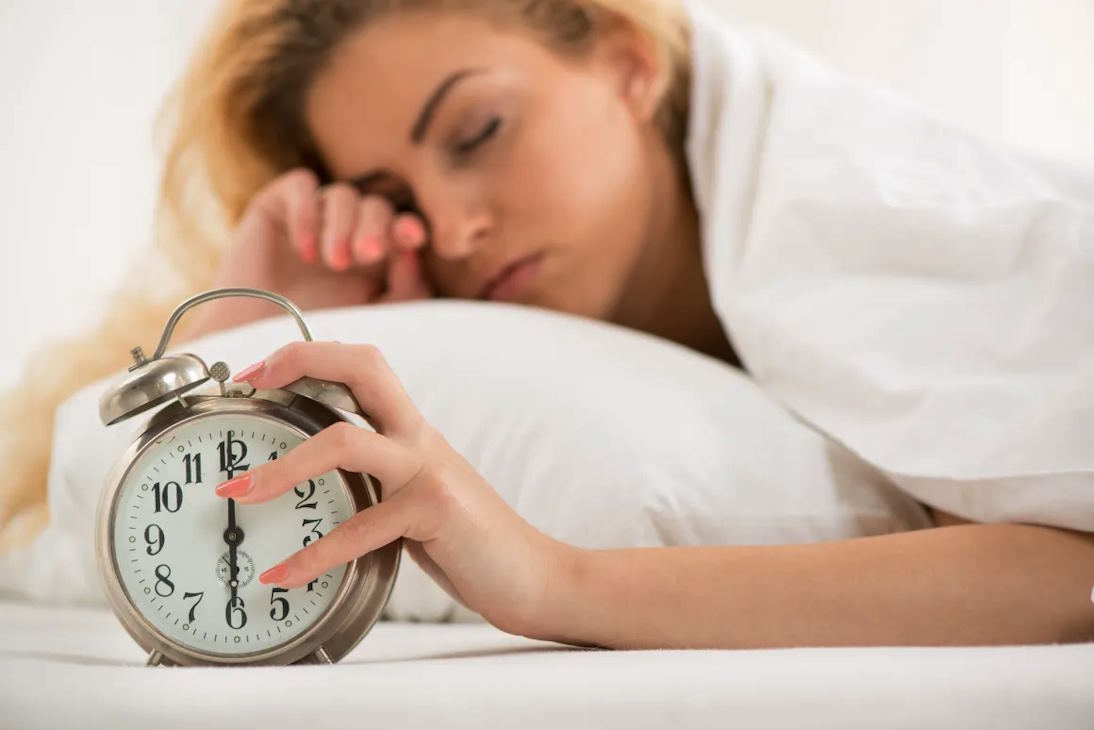Hey, sleepyhead! Do you ever wonder why some people seem to wake up looking like they just spent a week on a tropical island while the rest of us resemble something out of a horror movie? It’s not magic, my friend, it’s all about the overnight beauty routine. Think of it like planting seeds in a garden before bedtime and waking up to a field of blooming flowers. Except, in this case, the garden is your skin and hair, and the seeds are nourishing treatments and habits that work their magic while you sleep. So, if you’re tired of looking tired, stick around because we’re about to dive into the world of overnight beauty and unlock the secrets to waking up refreshed and radiant. Ready to join the beauty sleep revolution?
Types and Categories of Overnight Beauty Tips
Skincare Routine
- Cleansing
Start by thoroughly cleansing your face to remove makeup, dirt, and impurities accumulated throughout the day. Use a gentle cleanser suited to your skin type to avoid stripping away natural oils.
- Moisturizing
After cleansing, apply a hydrating moisturizer to replenish moisture levels and nourish your skin overnight. Look for products containing ingredients like hyaluronic acid or shea butter for optimal hydration.
Haircare Routine
- Scalp Massage
Before bedtime, treat yourself to a relaxing scalp massage using a nourishing oil or serum. Massaging the scalp stimulates blood flow, promotes hair growth, and relieves tension and stress.
- Silk Pillowcase
Invest in a silk pillowcase to minimize friction and prevent hair breakage while you sleep. Silk is gentle on the hair and helps maintain moisture levels, resulting in smoother, frizz-free locks.
Sleep Environment
- Comfortable Bedding
Create a cozy sleep environment by investing in high-quality bedding made from breathable materials like cotton or bamboo. Opt for a supportive mattress and pillows to ensure proper spinal alignment and reduce discomfort.
- Ambient Lighting
Dim the lights in your bedroom or use a bedside lamp with warm, soft lighting to signal to your body that it’s time to wind down. Avoid exposure to bright screens, as blue light can disrupt your natural sleep-wake cycle.

Relaxation Techniques
- Deep Breathing
Practice deep breathing exercises or meditation before bed to calm your mind and promote relaxation. Focus on inhaling deeply through your nose, filling your lungs with air, and exhaling slowly through your mouth.
- Aromatherapy
Use essential oils like lavender or chamomile to create a soothing atmosphere in your bedroom. Diffuse the oils or apply them topically to pulse points for a calming effect that enhances sleep quality.
Symptoms and Signs of Poor Sleep
Dark Circles
Lack of sleep can manifest as dark circles or puffiness under the eyes, giving the appearance of tiredness and fatigue.
Dull Skin
Inadequate rest can lead to dull, lackluster skin due to decreased circulation and impaired cell turnover.
Hair Breakage
Sleep deprivation can weaken the hair shaft and contribute to breakage, split ends, and overall damage.
Causes and Risk Factors
Stress and Anxiety
High levels of stress or anxiety can interfere with sleep quality and duration, leading to restless nights and tired mornings.
Poor Sleep Hygiene
Irregular sleep schedules, excessive screen time, and stimulating activities before bed can disrupt your body’s natural sleep-wake cycle.
Environmental Factors
External factors such as noise, light pollution, and uncomfortable temperatures can disturb sleep and prevent you from feeling fully rested.
Diagnosis and Tests
While there are no specific diagnostic tests for poor sleep quality, healthcare professionals may evaluate your symptoms and lifestyle habits to identify underlying issues contributing to sleep disturbances.

Treatment Options
Establish a Routine
Develop a consistent bedtime routine that includes relaxation techniques and sleep-promoting activities to signal to your body that it’s time to wind down.
Dietary Adjustments
Avoid consuming caffeine, alcohol, and heavy meals close to bedtime, as these can interfere with sleep onset and quality.
Stress Management
Practice stress-reducing activities such as yoga, meditation, or journaling to alleviate anxiety and promote relaxation before bed.
Preventive Measures
Maintain a Healthy Lifestyle
Prioritize regular exercise, balanced nutrition, and stress management techniques to support overall health and well-being, including quality sleep.
Create a Sleep-Friendly Environment
Optimize your bedroom environment for sleep by minimizing noise, light, and distractions, and ensuring your bedding and mattress are comfortable and supportive.

